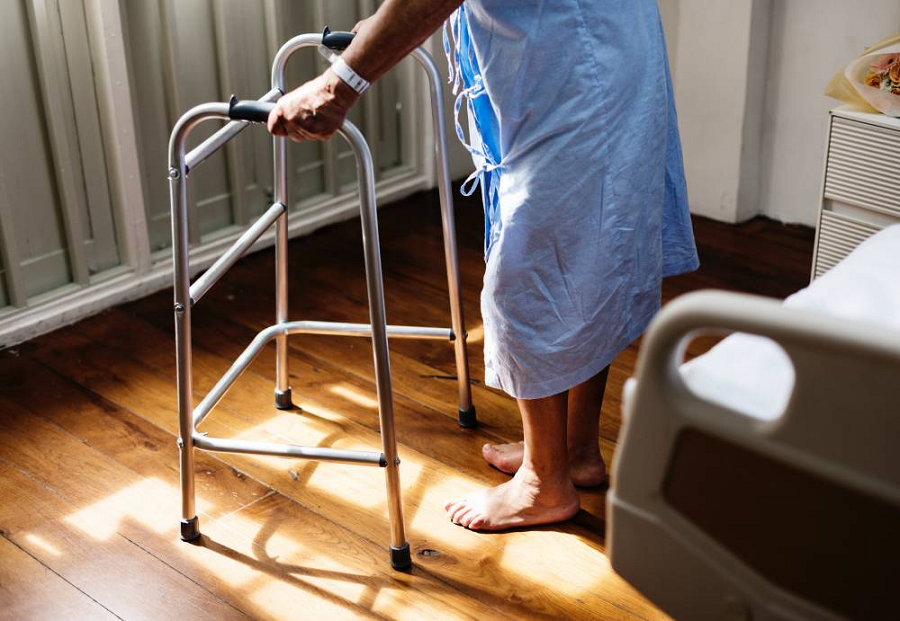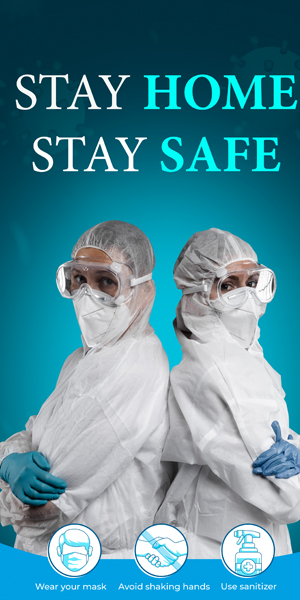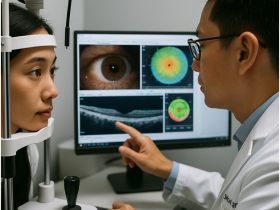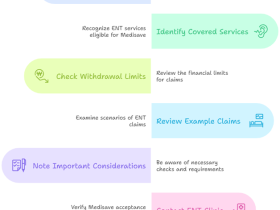The hip bone or hip joint is one of the most powerful organs in the body, and it is difficult to break as it is stable. Hip fractures are scarce, and it is caused principally due to two causes, significant accidents, and falling. Hip fracture in the elderly (กระดูกสะโพกหักในผู้สูงอายุ, which is the term in Thai) is risky. The bones of older people are weak, and hence, recovery after fracture is difficult and painful. Surgical repair or organ replacement is the sole choice for the broken hip.
Signs You May Have A Hip Fracture.
Sometimes we cannot differentiate between hip fracture and chronic pain. Signals of hip fracture include:
- You Cannot Move From The Fallen Location
- You Experience Chronic Pain In The Hip Or Groin
- Experience Swelling Around The Hip Area
- Unable To Steer Normally
- The Leg Of The Injured Side Of The Hip Turns Outward
Risk Of Hip Fracture Depends On:
Age And Sex
Older human beings’ bone density is less. Hence, they are highly prone to hip fracture. Hip fractures occur a lot more in ladies than men.
You Are A Patient Already.
A hip fracture highly occurs in patients with medical conditions like osteoporosis, thyroid issues, intestinal problems, and Parkinson’s disease.
Wrong Lifestyle Choices
A sedentary lifestyle may lead to the risk of hip fracture.
Nutritional Issues
Bone quality degrades with an absence of vitamin D.
Various Treatments For Hip Fractures
Hip fractures are treated with surgical procedures. Doctors prescribe your suitable type of surgery until then he provides you with pain relief medications.
- Internal Hip Bone Fixation Surgery, Partial Hip Replacement Surgery
- Physical Therapy
- Total Hip Replacement Surgery
Complications After Hip Surgery
Recovery after hip fracture treatment takes time. The hip broken patient is no more an independent individual. He has to depend on someone or the other till he gets wholly repaired. Sometimes he forever depends on others. Other complications include.
- Bedsores
- Embolism
- Loss Of Bone Weight And Density
- Death
Prevention Is Better Than A Cure.
Yes, you heard it right. You can prevent hip fracture if you have stronger bones. Stronger bones and a healthy lifestyle will never let you fall. Embrace the subsequent in your daily routine;
- Elderly People Should Use A Stick While Walking. It Will Help Them Maintain Balance.
- Keep Your Home Trip Free
- Quit Smoking And Drinking To Keep Bone Density
- Walking Makes Your Bones Strong
- Practice Weight-Bearing Exercises To Maintain Balance







Leave a Reply